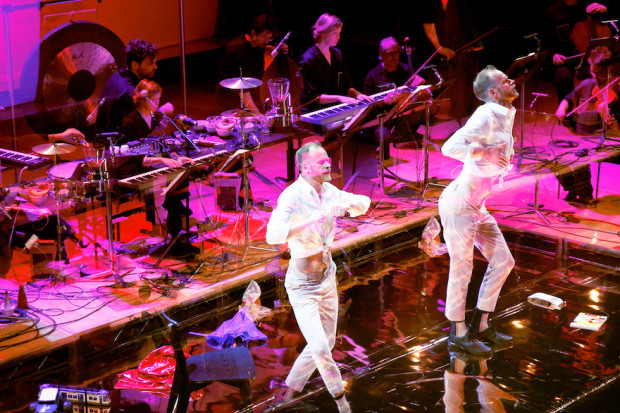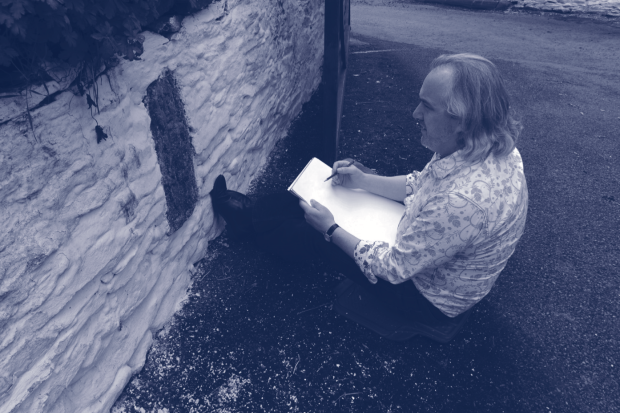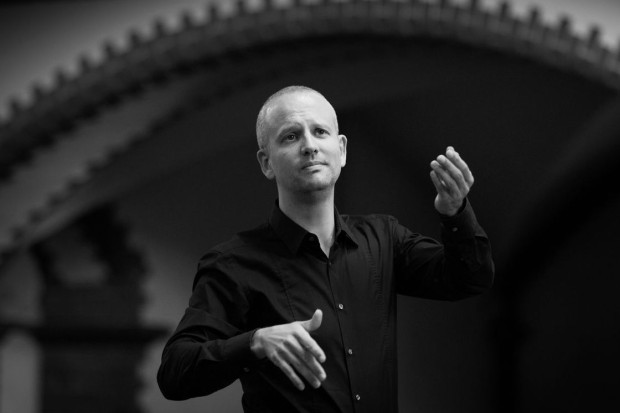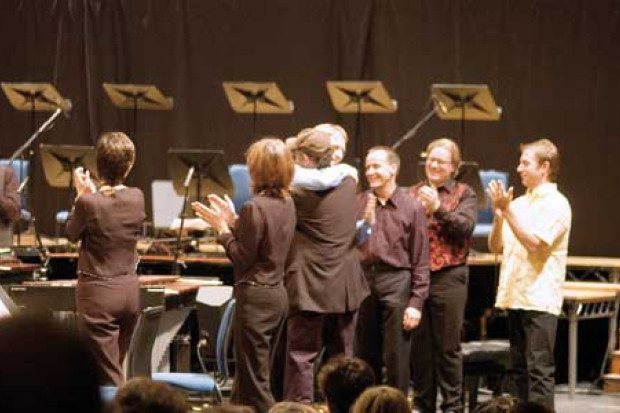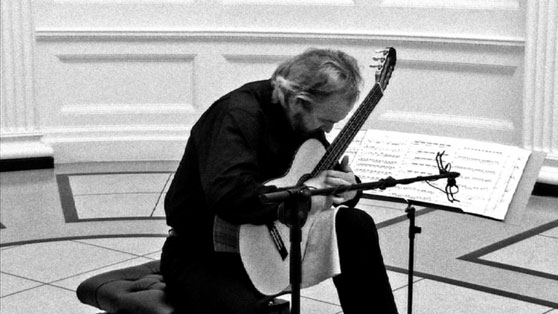
Live Reviews: Benjamin Dwyer: Twelve Études
Despite the supreme efforts of Chopin and Ligeti, the term ‘étude’ may still put the reader in mind of the Czerny and Hanon piano exercises that have, since their inception, led to the still birth of many a student’s musical ambitions. There is sometimes little to savour in a set of works variously written to exercise the physical limitations of the performer’s digital apparatus rather than the sonorous possibilities of the instrument itself. Benjamin Dwyer acknowledges as much in the programme notes to his Twelve Études, citing the challenge of ‘writing works for the instrument which address specific technical problems and which are also concert works of value’ as the primary challenge.
Dwyer gives fulsome descriptions of the compositional techniques at work in each étude: the pitch class sets, the superimposition of time signatures, melodic motifs and the pieces’ various stylistic lineages. For me, however, the character of the instrument really comes to the fore when the compositional tools in Dwyer’s kitbag are not immediately evident. These works – particularly études six (‘African Prints’), seven (‘Strata’) and eleven (‘Allegro energico’) – act as a compositional flashlight, poking here and there among the dry rhetoric, illuminating the sonorous qualities of the guitar rather than the theoretical foundations on which they are built.
‘African Print’, the last of the three études from Book II, is a fine sample of the whole: simultaneously wrought textural contrasts shared between the hands; creative exploitation of the instrument’s colour spectrum through variously percussive attacks (strumming the strings at the tuning pegs, striking the body of the instrument); shimmering left-hand tremolos and complex rhythmic layering. As both composer and performer, Dwyer brings a musical sensibility to the broad palette of techniques at his disposal, taking the same care with dynamics and phrasing whether striking the body of the instrument or performing more conventional techniques. This ensures the audience never lose sight of the broader musical context in which the music’s more unorthodox passages surface. There’s no danger of missing the wood for the trees.
This eclecticism is never suffocating and the studies do not, for the most part, wear their influences on their sleeves; only the power chords in the tenth étude are really jarring. The final étude, ‘Improvimemoriam Berio’, written as a recapitulation of some of the earlier fragments, invites the performer to improvise on given material. Dwyer intends it, he says, as an open-ended study in where music might go.
Dwyer has cast his net wide across the spectrum of guitar music, drawing on classical, flamenco, jazz, rock and free improvisation influences to knit together a tapestry of studies that are rich and vibrant, designed to involve the audience in the drama of each articulation.
Published on 1 September 2008
Rob Casey is a Dublin-based musician and composer of electronic and acoustic music.












